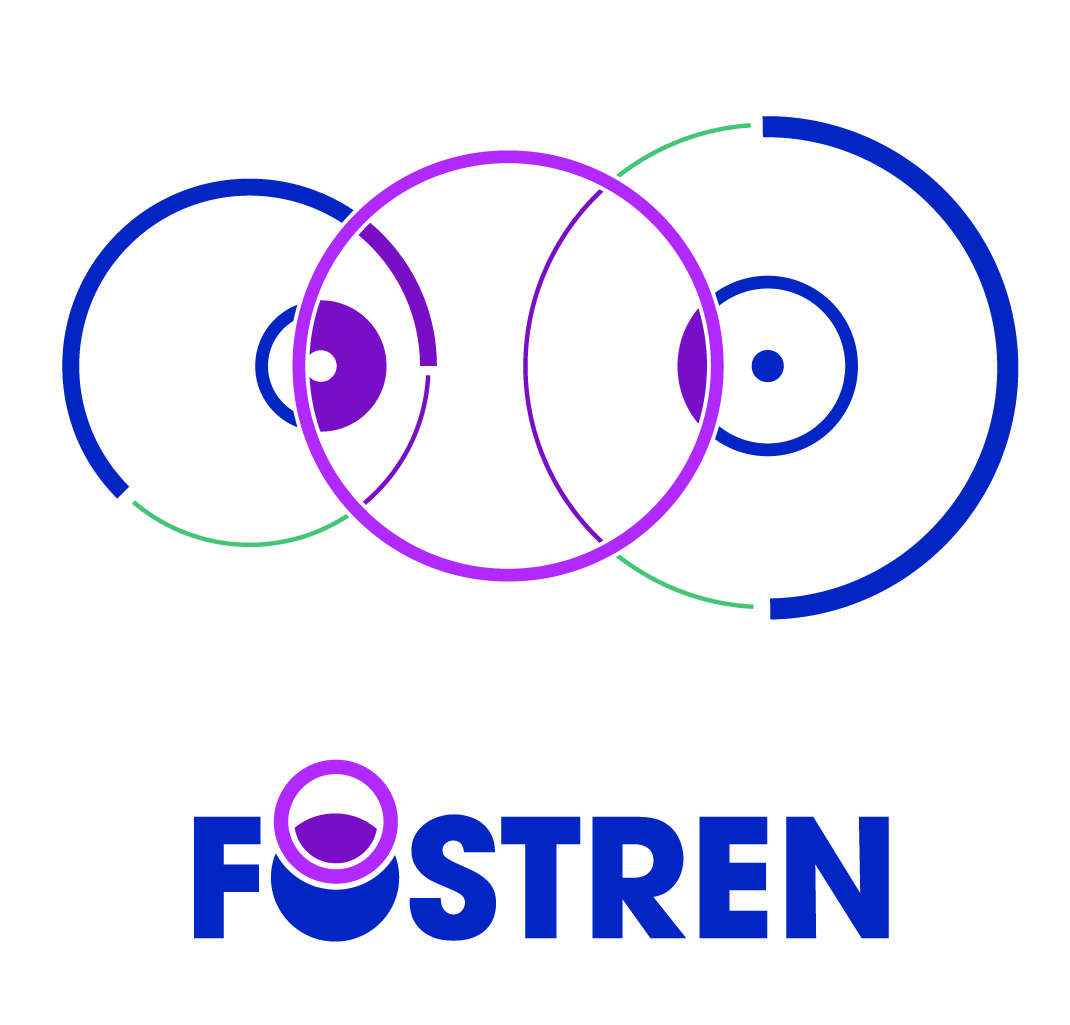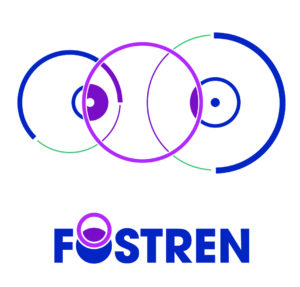WG3: Outcomes and Recovery
Until coercion can be eliminated entirely, its consequences must still be managed. There is scope for significant improvement both in how patients/service users and staff are supported after coercive incidents and what can be learned from reflecting on such incidents. For patients in particular a trauma-informed approach is required which recognises that exposure to coercion often evokes memories of exposure to previous traumatic events within and beyond mental health services. Members of Working group 3 (WG3) systematically collated information on the effects of coercion exposure on patients and staff across all participating countries. Predictors of a poor outcome in terms of impact and sickness absence were calculated where possible and, conversely, protective features were also identified. Models of best practice for supporting post-incident recovery amongst patients and re-entry to work for staff in individual countries were gathered. They were then thematically analysed to develop a consensus of international recommendations. WG3 activities again followed the same broad pattern as WG1. It was met twice a year on average, three STSMs were managed on this specific topic, and a training school was organised (in Year 3 ).

